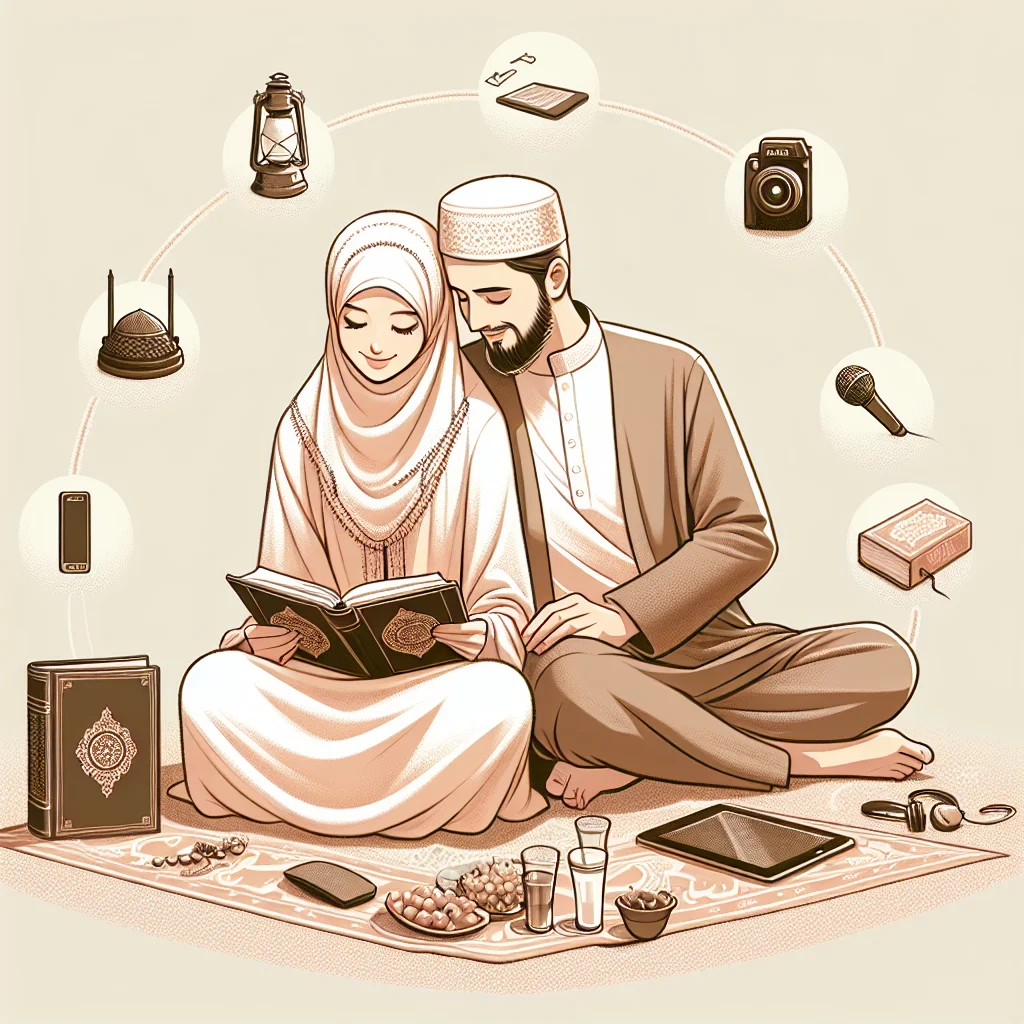Navigating Intercultural Challenges in Muslim Marriages
The beauty of Islam lies in its ability to bring people of different races, cultures, and backgrounds together under one faith. In today's globalized world, it is common for Muslims to enter into intercultural marriages, where spouses come from diverse ethnicities and upbringings. While intercultural marriages can be enriching and bring a deeper understanding of different cultures, they also come with their own set of challenges. Navigating these challenges with patience, communication, and empathy is essential for the success of an intercultural Muslim marriage.
One of the key challenges in intercultural Muslim marriages is the clash of cultural norms and values. Each culture has its own set of traditions, expectations, and beliefs, which can sometimes conflict with one another. It is important for spouses in intercultural marriages to have open and honest conversations about their cultural backgrounds, and to actively listen and understand each other's perspectives. By fostering a spirit of mutual respect and compromise, couples can navigate these differences and create a harmonious balance that respects both cultures.
Communication is paramount in any marriage, but it becomes even more crucial in intercultural relationships. Misunderstandings can arise due to language barriers, cultural nuances, and differing communication styles. It is essential for spouses to communicate clearly and openly with each other, and to be patient and understanding when navigating these differences. Building strong communication skills, such as active listening and empathy, can help bridge the gap between cultural differences and strengthen the bond between partners.
Another challenge in intercultural Muslim marriages is navigating the expectations of extended families. In many cultures, the family plays a central role in marriage and can exert influence on the couple's decisions. This can create tension if the families come from different cultural backgrounds and have conflicting expectations. It is important for couples to set boundaries and communicate their own needs and priorities while also respecting the concerns and wishes of their families. Balancing the expectations of extended families with the dynamics of the marriage requires patience, empathy, and a willingness to compromise.
Religious differences can also be a source of challenge in intercultural Muslim marriages. While both spouses may be Muslim, they may follow different cultural practices or interpretations of Islam. It is important for couples to have open and honest discussions about their religious beliefs and practices, and to find common ground that respects both partners' faiths. Seeking guidance from scholars and religious leaders can help clarify any religious misunderstandings and provide a framework for practicing Islam in a way that is inclusive of both partners' cultural backgrounds.
In conclusion, navigating intercultural challenges in Muslim marriages requires patience, communication, and empathy. By fostering a spirit of understanding and compromise, couples can bridge the gap between cultural differences and create a harmonious balance that respects both partners' backgrounds. Embracing the diversity and richness of different cultures can strengthen the bond between spouses and contribute to a more vibrant and fulfilling marriage. Remember, in the words of the Prophet Muhammad (peace be upon him), "The best among you is the best to his family." May Allah bless all intercultural marriages with love, understanding, and unity.
To find a righteous partner, install the Good Spouse app: http://goodspouse.com/go/enInstall the Good Spouse app: ⬇️⬇️⬇️⬇️⬇️




